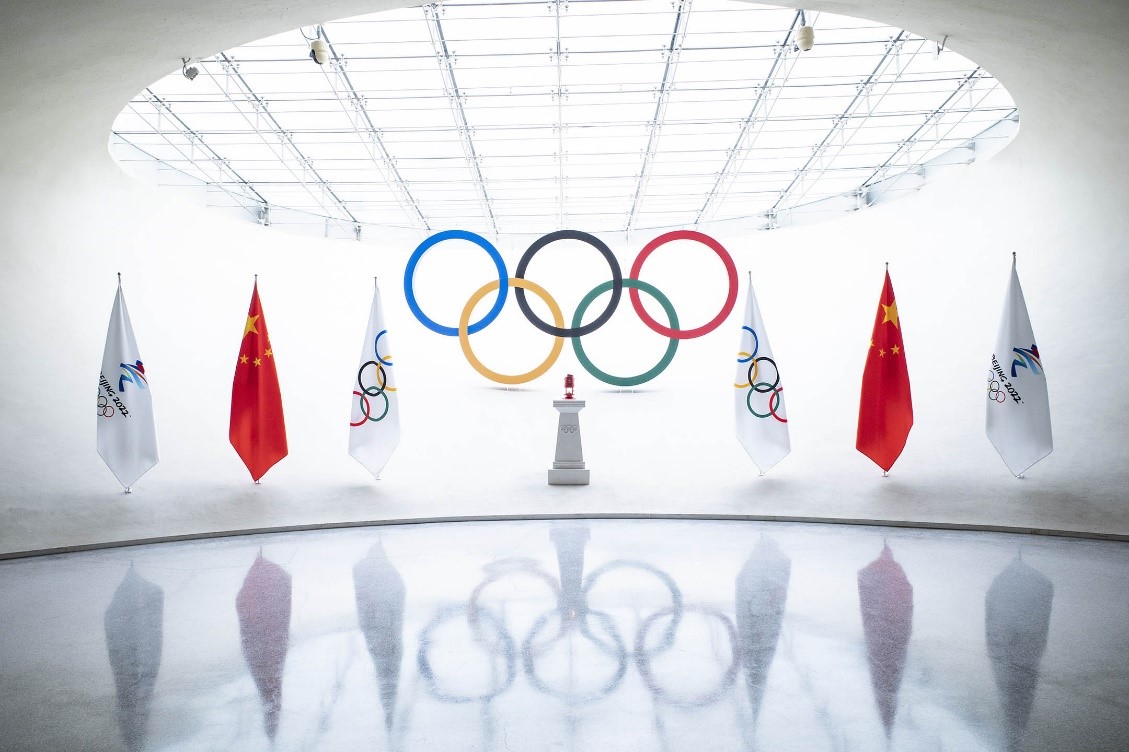Widgetized Section
Go to Admin » Appearance » Widgets » and move Gabfire Widget: Social into that MastheadOverlay zone
Human rights groups say the IOC has failed to investigate adequately to ensure that Olympic clothing does not involve forced labor

The International Olympic Committee (IOC) did not conduct adequate human rights due diligence on whether Olympic uniforms and other products for the Beijing Winter Olympics were not linked to serious human rights abuses in China’s Uighur region, the Alliance to End Forced Labor in the Uighur Region (EUFL) and Human Rights Watch said Monday.
The International Olympic Committee said in a statement late On Jan. 19 that the official clothing provided for the Beijing Games did not involve the use of forced labor.
But human Rights Watch said in a news release that the IOC statement had significant flaws, including a lack of transparency in the audit results and a lack of analysis of responsible procurement practices by suppliers.
“The IOC has also not explained how it assesses whether suppliers are involved in human rights violations across its wider business, including non-IOC products,” the release said. Human Rights Watch and the Coalition to End Forced Labor in The Uighur Region sent a letter to the IOC on January 31 asking for more information, but no response has been received.”
“For the first time, the IOC has made public its human rights due diligence on products for the Beijing 2022 Winter Olympics,” Minky Worden, director of global initiatives at Human Rights Watch, said, “While transparency has improved, the I.C.O. has not provided credible assurances that it does not purchase products linked to forced labor and human rights abuses in China’s Uighurs and elsewhere.”
The IOC statement in January noted that it had conducted third-party due diligence on Anta Sports and Heng Yuanxiang and “found no evidence of coercion, debt payment, indenture or child Labour”. The statement also cited assurances and explanations made by Anta and Heng Yuan Xiang to the IOC about the production of official Olympic clothing. Mr. Heng says the cotton he uses in his products doesn’t come from China. Anta sports says it uses recycled materials and does not contain cotton.
The IOC statement followed a letter from key members of the U.S. Congress and the Executive Commission on China to International Olympic Committee President Thomas Bach asking about the IOC’s relationship with two Chinese companies that use cotton from China’s Xinjiang province to make uniforms.
Allison Gill, director of the Forced Labor Project at the Global Labor Justice – International Labor Rights Forum, said: “In the Uighur region, reliable supply chain audits are impossible, and the IOC shamefully put profit and political expediency ahead of human beings and principles by ignoring the significant risk of forced labor by Uighurs in Olympic merchandise.”
The systematic persecution of Uighurs by Chinese authorities in Xinjiang has received international attention. International human rights groups say the vast detention camps in Xinjiang hold at least one million Uighurs and other Muslim minorities. Detainees are alleged to have been subjected to torture, forced sterilization, brainwashing, forced labour and other ill-treatment.
China has denied allegations of mistreatment of Uighurs. China argues that the nature of the Xinjiang issue is about fighting terrorism, extremism and separatism, not about human rights or religion.
The United States, Australia, Canada, Britain and Japan have announced diplomatic boycotts of the Games. The main reason for the boycott is China’s poor record on human rights. China says that goes against Olympic principles.

